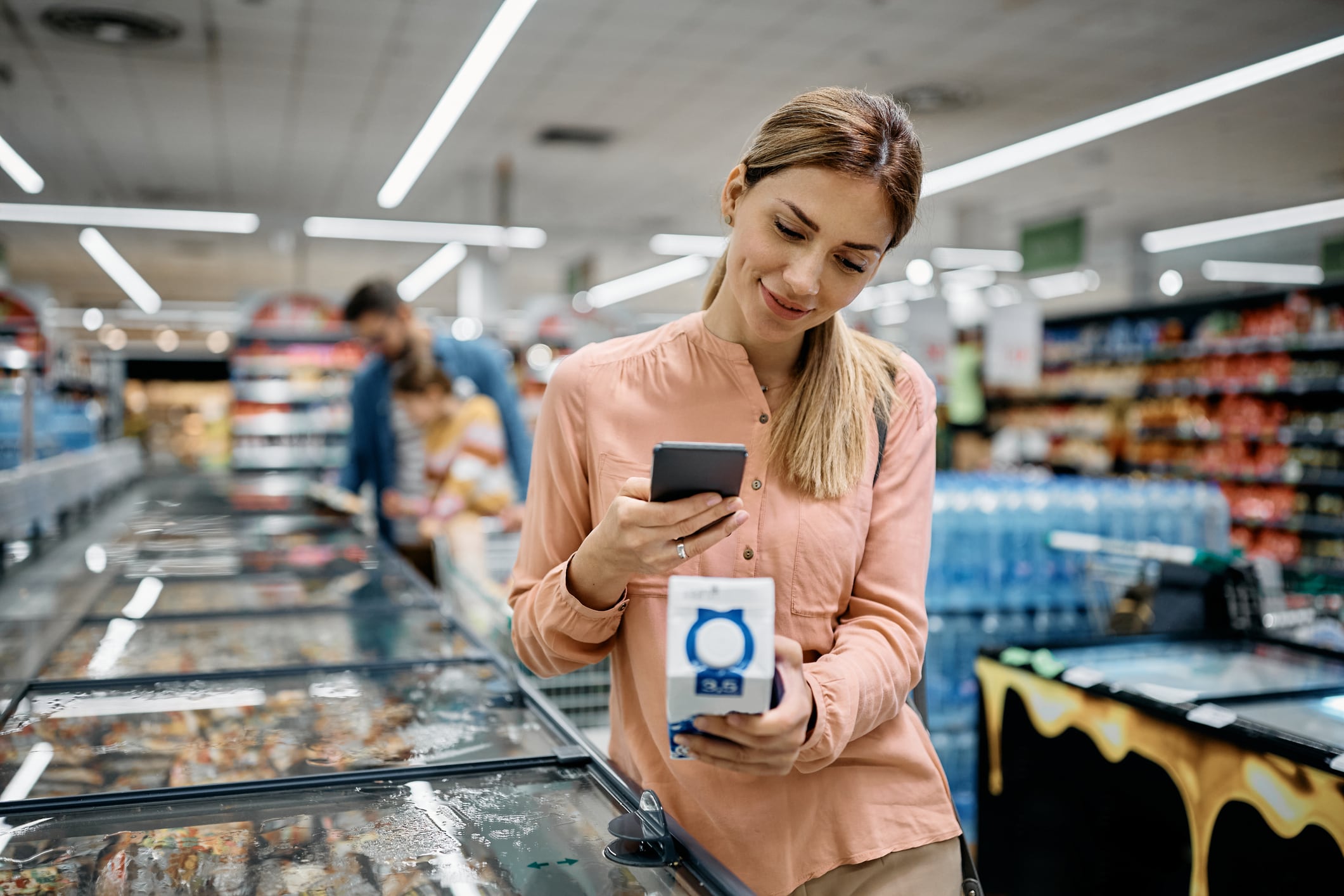Personalized nutrition is gaining consumer interest as companies enhance data quality through diagnostics and major players like Kroger expand shopper access to nutrition services.
The growing consumer shift toward personalized nutrition is driven by values-based shopping, functional ingredients and nutrient density, Scott Dicker, director of marketing, Spins, explained in a panel at Natural Products Expo West.
He notes that nearly half of consumers (48-49%) make purchases based on personal values, with health being a key driver, per Spins data. The rise of wearable devices – used by 54% of people – provides real-time health insights, influencing food, supplement and meal plan choices, Dicker explained.
AI-driven recommendations and enriched product data are making personalized nutrition more accessible, allowing consumers to make informed dietary decisions beyond annual doctor visits. The most significant shift is in how consumers use their own data to guide purchases, particularly in diet modifications and supplements, Dicker added.
Kroger’s partnership with Bitewell improves convenience and accessibility for healthy food shopping
Kroger’s OptUp food scoring system is designed to help consumers make healthier choices around food, according to Laura Brown, director of nutrition, Kroger Health during the panel.
The system assigns a score between 1-100 based on nutrient density and ingredient quality, allowing shoppers to quickly assess the healthfulness of food items. Kroger initially developed the system in-house, however, the scoring faced challenges due to incomplete nutrition data, Brown said.
To improve accuracy, Kroger partnered with nutrition tech company Bitewell to refine the algorithm and enhance data quality, she added.
The scoring system is integrated into Kroger’s OptUp program, which not only provides a health score for individual products but also tracks the overall healthfulness of a consumer’s grocery purchases.
The goal is nudge shoppers towards slightly healthier choices without drastic changes that could lead to food waste or rejection due to taste preferences, Brown said.
Additionally, the system has broader applications, such as identifying areas with lower healthy food purchases for targeted interventions and potentially integrating shopping data into medical records to support personalized nutrition counseling, she added.
Kroger envisions this system being adopted by multiple retailers, not just their own stores, to create a standardized population health measure that reflects consumer purchasing habits across different grocery chains, Brown said.
Bitewell sources its data from a combination of methods including direct partnerships with retailers, food brands and data providers, public and proprietary databases and machine learning and AI algorithms to analyze, categorize and score food products based on nutrient density, ingredient quality and other health-related factors.
Bitewell’s co-founder Chris Fanucchi highlighted the challenges of existing food scoring systems, particularly the difficulty of organizing and enhancing messy food data. With advancements from companies like Nielsen improving data quality, now is the time “to create a system that can be set across all food products in the industry” and help consumers make informed food choices tailored to their needs, he said.




